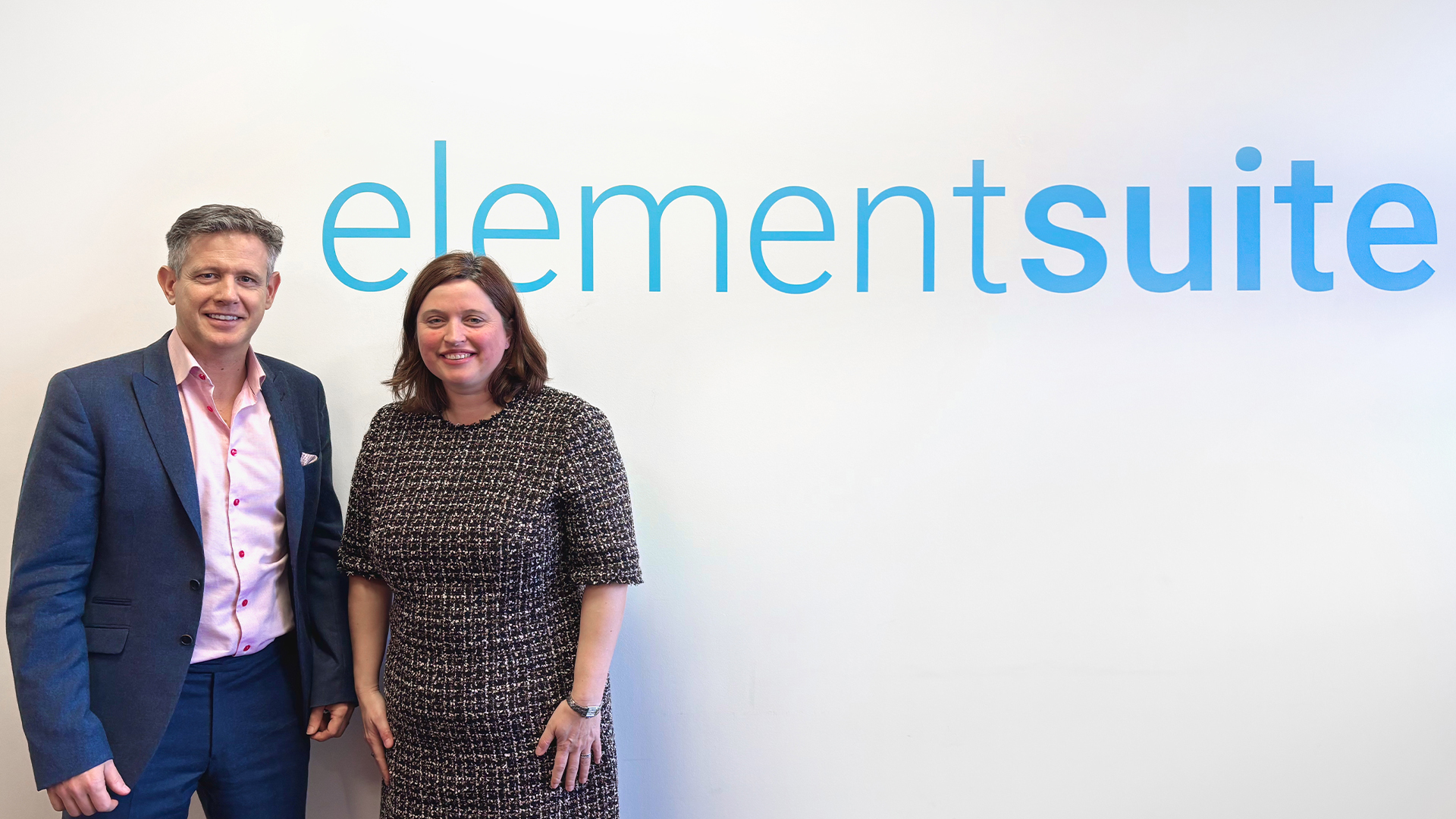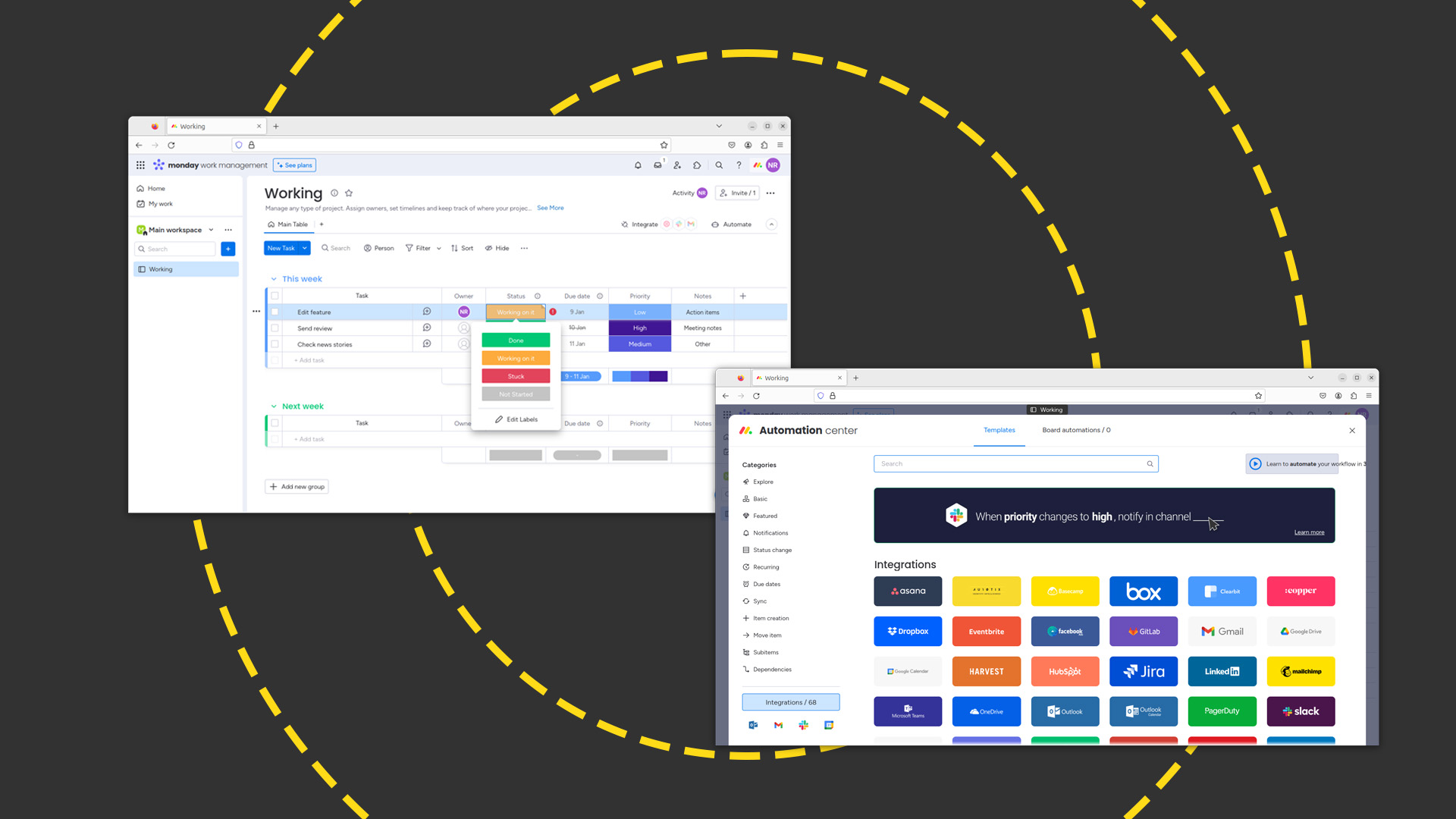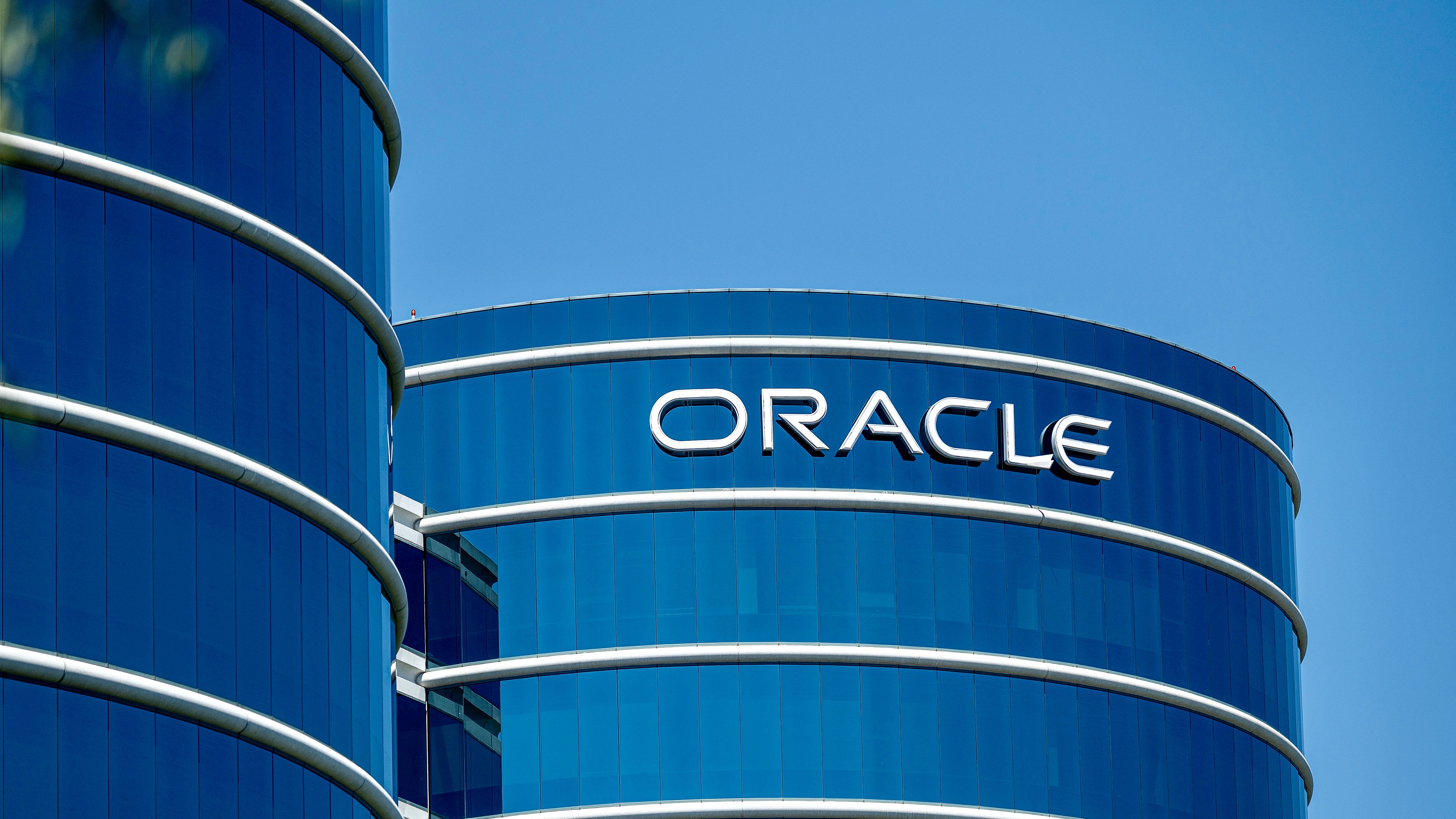UK Government signs three year deal with Oracle
Liam Maxwell claims the £75 million of savings and negotiated fixed price makes the commitment worth it.


The UK Government has negotiated a new deal with Oracle, which will see the Silicon Valley giant provide software licences to a number of departments for the next three years.
The announcement was made today at the Cabinet Office, with John Collington, the Government's chief procurement officer, Liam Maxwell, director of ICT Futures in Whitehall and David Callaghan, senior vice president of technology at Oracle, all claiming savings of 75 million will be made by the end of this parliament.
"It has been recognised procurement can be used as an effective tool to secure Government priorities and a vehicle to support deficit reduction, and increasingly, economic growth," said Collington.
"With Oracle, the Crown has led the negotiations and Francis Maude [Minister for the Cabinet Office] has been personally committed."
The Government currently spends more than 200 million a year with Oracle, making it one of the largest vendors it deals with. As such, it is little surprise both Maude and Oracle's chief financial officer (CFO) Safra Catz, were involved in the nitty gritty of negotiations.
The main thrust of the new deal is to make the Government "a single, intelligent client." Rather than different departments buying their own software and services from Oracle, be it directly or through a systems integrator, all deals will be done through the Government's Procurement Office, enabling bulk buying, discounts and one set tariff.
"I am able to compare what it used to be like to buy Oracle in a department [previously having worked for the Home Office] and I made it my vow, if I ever got to this position, to simplify this process," added Collington.
Get the ITPro daily newsletter
Sign up today and you will receive a free copy of our Future Focus 2025 report - the leading guidance on AI, cybersecurity and other IT challenges as per 700+ senior executives
Maxwell added: "It is a better deal, with better service but for less money and there are significant savings we are generating by doing things differently."
A significant feature of the deal is software licence sharing. Up until now, these have been purchased by individual departments at various prices, leading to wasted money and duplication. Some departments bought too many, others not enough, and there was no ability to switch ownership within Government.
As part of the agreement, software licenses can now be re-used across departments, removing the risk of individual IT divisions buying extras that are not needed or having to pay out for more when there are spares lying around unused.
The Government has also agreed set pricing with Oracle, which Maxwell told IT Pro would be fixed up until 2015. This again means spend on Oracle products can be kept simple and will encourage IT departments to go through the central procurement process to save money, rather than doing it the pricier, individual way.
Although the deal will cut a lot of costs from current deployments and save money for the tax payer, it is very different to the recent ICT strategy announced by the Government, which has had a focus on short term contracts and an emphasis on bringing in more small and medium businesses (SMBs), rather than the big legacy providers.
But when we questioned the leading civil servants, they defended the deal.
"We had an enormous amount of investment in this estate," Maxwell told IT Pro. "You have to pick your battles and cease momentum, and the cost savings justify that view."
Collington added: "This agreement signals the new way, working in single fashion and not departmental. This is the commercial reality we have understood and embraced that.
"Cloud, open source, these technologies give us a more level playing field. It is not based on the legacy but a new reality and we are comfortable with that."
The deal is relevant for software purchases only, rather than any of Oracle's hardware products, and initially only affects central Government departments, emergency services and the NHS.
Although Oracle is the first company the Government has gone public with, it reassured us there were other deals being done behind closed doors with rival software vendors.
"We are talking directly at high level with other vendors and [those deals] are on the way," concluded Maxwell.
Jennifer Scott is a former freelance journalist and currently political reporter for Sky News. She has a varied writing history, having started her career at Dennis Publishing, working in various roles across its business technology titles, including ITPro. Jennifer has specialised in a number of areas over the years and has produced a wealth of content for ITPro, focusing largely on data storage, networking, cloud computing, and telecommunications.
Most recently Jennifer has turned her skills to the political sphere and broadcast journalism, where she has worked for the BBC as a political reporter, before moving to Sky News.
-
 Should AI PCs be part of your next hardware refresh?
Should AI PCs be part of your next hardware refresh?AI PCs are fast becoming a business staple and a surefire way to future-proof your business
By Bobby Hellard
-
 Westcon-Comstor and Vectra AI launch brace of new channel initiatives
Westcon-Comstor and Vectra AI launch brace of new channel initiativesNews Westcon-Comstor and Vectra AI have announced the launch of two new channel growth initiatives focused on the managed security service provider (MSSP) space and AWS Marketplace.
By Daniel Todd
-
 More than half of UK enterprises regret at least one software purchase – here’s how to prevent buyer’s remorse
More than half of UK enterprises regret at least one software purchase – here’s how to prevent buyer’s remorseNews More than half of UK enterprises regret at least one software purchase they've made in the last 18 months.
By Emma Woollacott
-
 Zellis snaps up AI-powered HR software firm elementsuite
Zellis snaps up AI-powered HR software firm elementsuiteNews Elementsuite will be integrated with Zellis’ own payroll and HR software offering
By Daniel Todd
-
 ‘SaaS dependency’ is becoming a major issue for tech leaders
‘SaaS dependency’ is becoming a major issue for tech leadersNews The survey highlighted issues around maintenance, innovation, and data
By Emma Woollacott
-
 Organizations shift away from Oracle Java as pricing changes bite
Organizations shift away from Oracle Java as pricing changes biteNews A survey from Azul Systems finds that, along with cost, customers cite a preference for open source and the threat of a Java usage audit
By Emma Woollacott
-
 Why Java 17 growth is ‘exploding’
Why Java 17 growth is ‘exploding’News Java 17 is now the most popular LTS version, according to application data from New Relic, but what's driving this growth?
By Steve Ranger
-
 Monday.com review: Work management platform works best when you pay for it
Monday.com review: Work management platform works best when you pay for itReviews The versatile 'Work OS' skilfully balances power, flexibility, and ease of use
By Nik Rawlinson
-
 SuiteWorld 2023: NetSuite's day-two announcements
SuiteWorld 2023: NetSuite's day-two announcementsLive Blog Keep up-to-date with all the day-two announcements from NetSuite SuiteWorld 2023
By Rory Bathgate
-
 Can Oracle really be Linux's knight in shining armor?
Can Oracle really be Linux's knight in shining armor?Opinion The self-proclaimed champion of open source freedom would like you to forget about its history
By Richard Speed